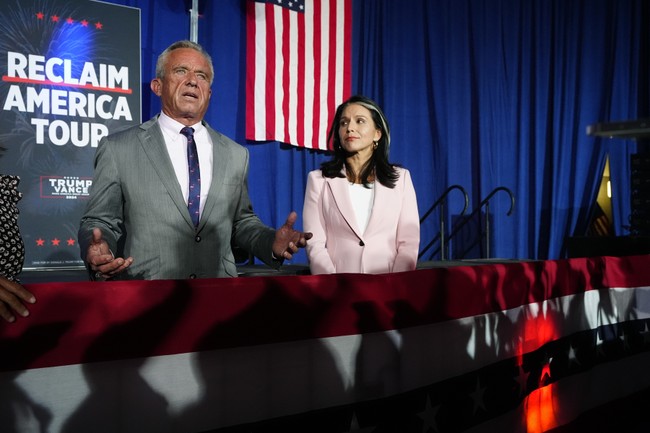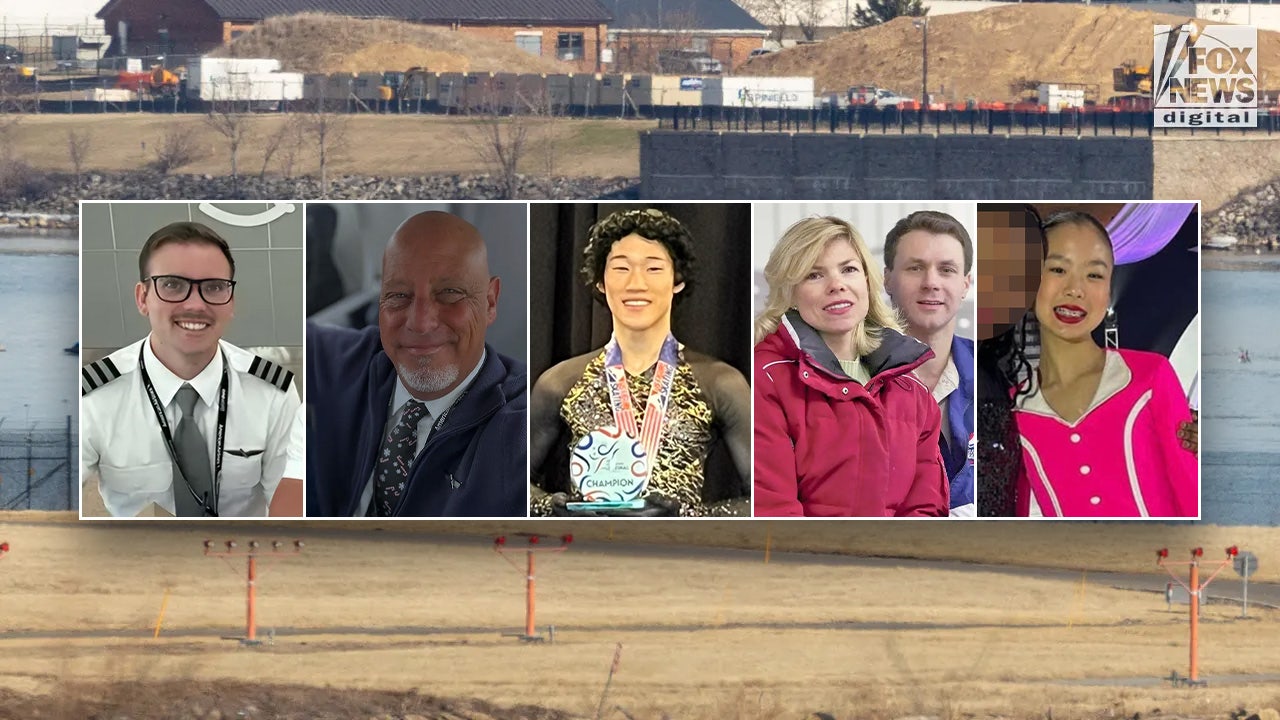The U.S. State Department has issued a Level 4 travel advisory—the highest warning level—for the Mexican state of Tamaulipas, warning American citizens to avoid the region due to escalating cartel violence.
The advisory comes as the Trump administration ramps up security at the southern border to combat illegal immigration and criminal activity.
The warning specifically highlights increased cartel activity near Reynosa, Rio Bravo, Valle Hermoso, and San Fernando, areas close to McAllen and Brownsville, Texas.
Celebrate Trump’s Historic 2024 Victory with the Exclusive Trump 47th President Collection!
Reports indicate that criminal organizations are now using improvised explosive devices (IEDs) on dirt and secondary roads in the region, posing a growing threat to both Mexican authorities and civilians.
“The state of Tamaulipas has issued a warning to avoid moving or touching improvised explosive devices (IEDs), which have been found in and around the area of Reynosa, Rio Bravo, Valle Hermoso, and San Fernando along dirt and secondary roads,” the State Department’s advisory states.
“IEDs are being increasingly manufactured and used by criminal organizations in this region.”
Mexico: We are aware of increasingly frequent gun battles occurring in and around Reynosa in the late night and early morning hours. Separately, the state of Tamaulipas has issued a warning to avoid moving or touching improvised explosive devices (IEDs), discovered around the… pic.twitter.com/UK0F1eRIPK
— Travel – State Dept (@TravelGov) January 28, 2025
The U.S. Consulate in Mexico confirmed that an IED detonated on January 23 in Rio Bravo, destroying an official Mexican government vehicle and injuring the occupant.
In response, the Tamaulipas government issued a public advisory in Spanish, warning residents to avoid suspicious objects along roadways.
Due to the heightened risk, U.S. government employees are prohibited from traveling between cities in Tamaulipas via interior Mexican highways and are restricted from traveling in and around Reynosa and Rio Bravo outside daylight hours.
Michael Brown, a former DEA Senior Special Agent and current global director of counter-narcotics technology at Rigaku Analytical Devices, underscored the significance of the advisory.
“Travel advisory Level 4 is the highest level there is,” Brown stated.
“That’s a warning: Do not go there. I have experienced that, but it was in countries like Pakistan, Afghanistan, Iran, Somalia. … The area we’re talking about is the state of Tamaulipas, within which you have Reynosa and Matamoros, which have a history of extreme violence in Mexico.”
Brown suggested that the cartels’ sudden escalation may be linked to the recent crackdown on illegal immigration by the Trump administration.
“With the sudden end of the Biden-Harris open-border policies, the cartels are no longer making billions of dollars in human trafficking,” he explained.
“Now that area has been reduced significantly, meaning cartels, which may have been working together up to a week ago, are now competing for access to Reynosa and Matamoros because human smuggling is not going to stop—it’s just going to be more expensive, more dangerous, and traffickers are going to have to use more selective routes in order to get around Border Patrol and … perhaps U.S. military.”
According to Brown, the increasing use of IEDs is a concerning development.
“Cartels are simply mimicking what they’ve seen other hostile elements do across the world … to counter other cartel movements, truck convoys, human traffickers that may be trying to sneak on to their territory,” he said.
He also noted that for the past four years, cartels operated freely under the previous administration’s border policies.
“Under the last four years of the Biden-Harris administration, nothing was done. The cartels were given carte blanche access to the United States through the open-border system. Now that’s been cut off, and they’ve been designated as terrorist organizations,” Brown stated.
The State Department’s advisory highlights that the region is plagued by violent crime, including gun battles, murder, armed robbery, carjacking, kidnapping, forced disappearances, extortion, and sexual assault.
Heavily armed criminal groups frequently target public and private passenger buses, as well as private vehicles, often kidnapping passengers for ransom.
The recent shift in immigration policies and heightened enforcement efforts at the U.S.-Mexico border have disrupted cartel operations, further escalating violence in Tamaulipas.
“As cartel members … come across the border with narcotics for human trafficking, now they’re armed and they’re ready for conflict,” Brown warned.
“They run into Border Patrol, they run into the Texas Rangers or DEA. There could be a gunfight. So if you’re a citizen living on that border, you know that that Level 4 just doesn’t stop [the violence], and we know it’s going to cross the border with those trafficking individuals.”
Brown also pointed out that the financial impact on cartels is significant.
“Each one of those migrants had to pay a toll to a cartel or to smaller groups,” he explained.
“So we’re talking about billions of dollars for the last four years with absolutely no effort whatsoever on the part of the cartels.”
Brown likened the scale of cartel violence in Tamaulipas to the Middle East.
“[It] wasn’t that long ago before [the] Sinaloa Cartel was executing police officers and hanging them from bridges,” he said.
“Now, we didn’t even see that level of violence in Afghanistan when I was there. So, the cartels have taken violence to a whole other level. They are acting just like any terrorist organization. The only difference is their end goal is to make money. That’s their ideology.”
In response to the growing security concerns, approximately 2,000 illegal immigrants were deported back to Mexico last Thursday, with both ground and aerial transport utilized.
Mexican authorities also detained roughly 5,000 migrants within their borders, according to reports from Fox News.
To further bolster security, President Trump ordered 1,500 active-duty troops to the southern border.
The administration’s crackdown aims to deter illegal crossings and disrupt cartel operations in the region.
As tensions continue to rise in Tamaulipas, American travelers are strongly urged to heed the State Department’s warning and avoid the region entirely.
The Level 4 advisory remains in effect as authorities monitor the situation.
The opinions expressed by contributors and/or content partners are their own and do not necessarily reflect the views of LifeZette. Contact us for guidelines on submitting your own commentary.
Read the full article here


![Trump’s Border Moves Disrupt Mexican Cartels, State Dept. Issues Highest Level Warning [WATCH] Trump’s Border Moves Disrupt Mexican Cartels, State Dept. Issues Highest Level Warning [WATCH]](https://www.rvmnews.com/wp-content/uploads/2024/12/2024.12.10-05.09-rvmnews-675875b2d6056.jpg)






![Trump Fires ‘Woke’ Librarian of Congress—Democrats Melt Down [WATCH] Trump Fires ‘Woke’ Librarian of Congress—Democrats Melt Down [WATCH]](https://www.lifezette.com/wp-content/uploads/2025/01/2025.01.20-05.49-lifezette-678e8ca577aaa.jpg)
